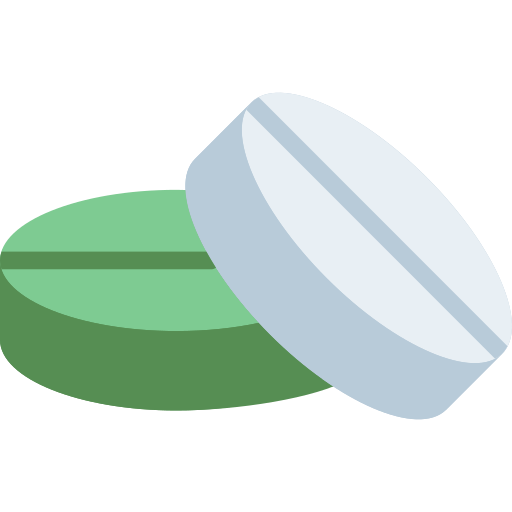
Zonisamide
50 mg
Beacon Pharmaceuticals Ltd.
Product Details
Description
Zonisamide is contraindicated in patients who have demonstrated hypersensitivity to sulfonamides or zonisamide.
Zonisamide may cause serious adverse fetal effects, based on clinical and nonclinical data. Zonisamide was teratogenic in multiple animal species. Zonisamide treatment causes metabolic acidosis in humans. The effect of zonisamide-induced metabolic acidosis has not been studied in pregnancy; however, metabolic acidosis in pregnancy (due to other causes) may be associated with decreased fetal growth, decreased fetal oxygenation, and fetal death, and may affect the fetus's ability to tolerate labor. Pregnant patients should be monitored for metabolic acidosis and treated as in the non-pregnant state. Newborns of mothers treated with zonisamide should be monitored for metabolic acidosis because of transfer of zonisamide to the fetus and possible occurrence of transient metabolic acidosis following birth. Transient metabolic acidosis has been reported in neonates born to mothers treated during pregnancy with a different carbonic anhydrase inhibitor.
Somnolence is commonly reported, especially at higher doses of Zonisamide. Zonisamide is metabolized by the liver and eliminated by the kidneys; caution should therefore be exercised when administering Zonisamide to patients with hepatic and renal dysfunction
Patients With Renal Or Hepatic Disease: Because zonisamide is metabolized in the liver and excreted by the kidneys, patients with renal or hepatic disease should be treated with caution, and might require slower titration and more frequent monitoring Pediatric Use: The safety and effectiveness of Zonisamide in children under age 16 have not been established. Cases of oligohidrosis and hyperpyrexia have been reported. Zonisamide commonly causes metabolic acidosis in pediatric patients. Chronic untreated metabolic acidosis in pediatric patients may cause nephrolithiasis and/or nephrocalcinosis, osteoporosis and/or osteomalacia (potentially resulting in rickets), and may reduce growth rates. A reduction in growth rate may eventually decrease the maximal height achieved. The effect of zonisamide on growth and bonerelated sequelae has not been systematically investigated. Geriatric Use: Single dose pharmacokinetic parameters are similar in elderly and young healthy volunteers. Clinical studies of zonisamide did not include sufficient numbers of subjects aged 65 and over to determine whether they respond differently from younger subjects. Other reported clinical experience has not identified differences in responses between the elderly and younger patients. In general, dose selection for an elderly patient should be cautious, usually starting at the low end of the dosing range, reflecting the greater frequency of decreased hepatic, renal, or cardiac function, and of concomitant disease or other drug therapy.
Human Experience: Experience with Zonisamide daily doses over 800 mg/day is limited. During Zonisamide clinical development, three patients ingested unknown amounts of Zonisamide as suicide attempts, and all three were hospitalized with CNS symptoms. One patient became comatose and developed bradycardia, hypotension, and respiratory depression; the zonisamide plasma level was 100.1 μg/mL measured 31 hours post-ingestion. Zonisamide plasma levels fell with a half-life of 57 hours, and the patient became alert five days later. Management: No specific antidotes for Zonisamide overdosage are available. Following a suspected recent overdose, emesis should be induced or gastriclavage performed with the usual precautions to protect the airway. General supportive care is indicated, including frequent monitoring of vital signs and close observation. Zonisamide has a long half-life. Due to the low protein binding of zonisamide (40%), renal dialysis may be effective. The effectiveness of renal dialysis as a treatment of overdose has not been formally studied. A poison control center should be contacted for information on the management of Zonisamide overdosage.
Adjunct anti-epileptic drugs
-
Support 24/7
Call us anytime -
100% Safety
Only secure payments